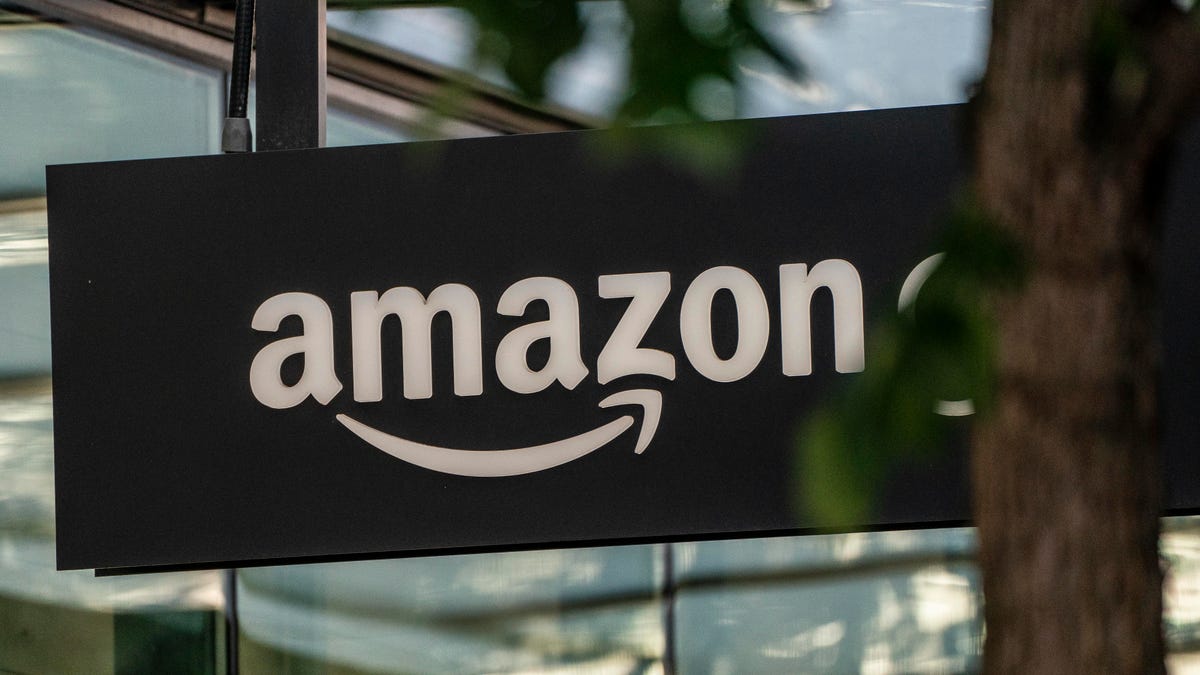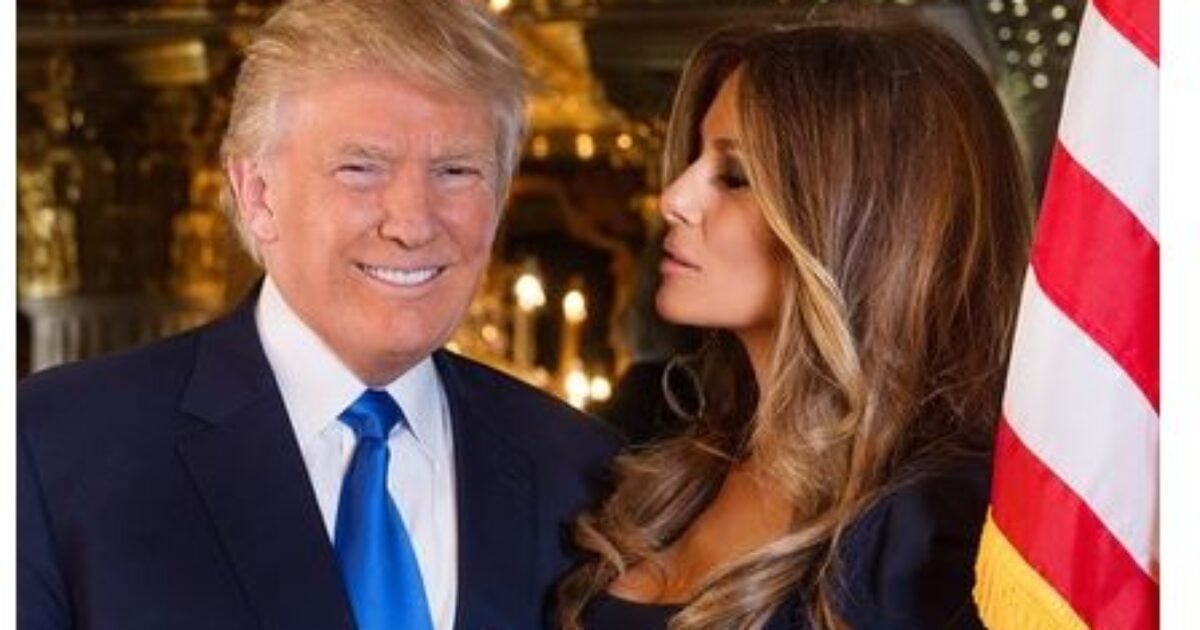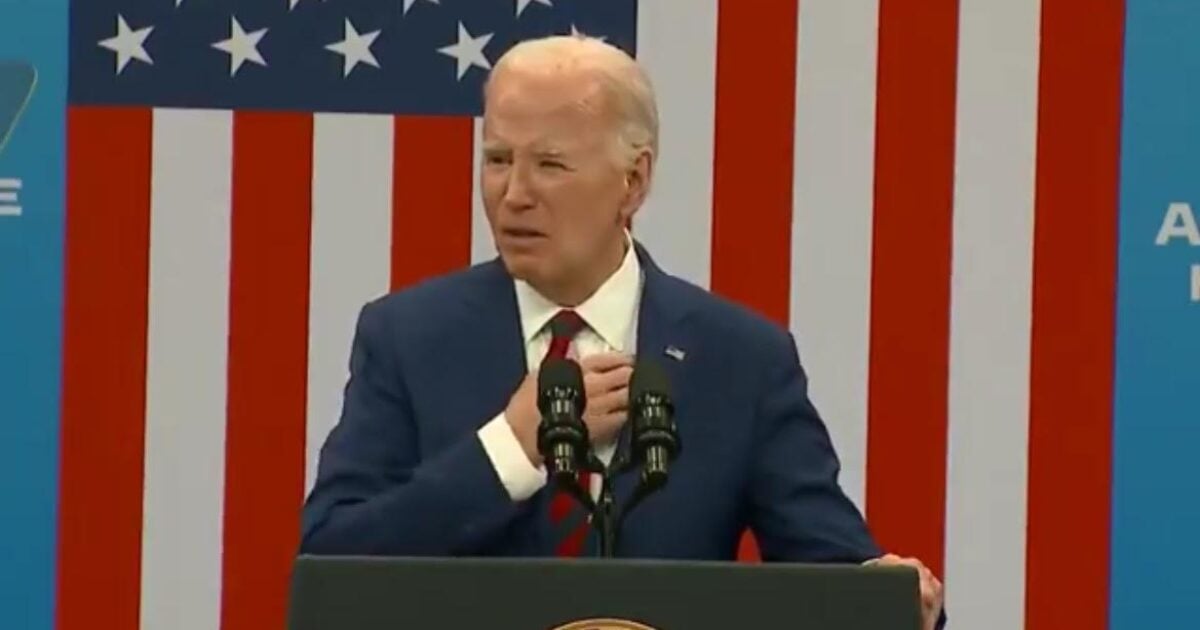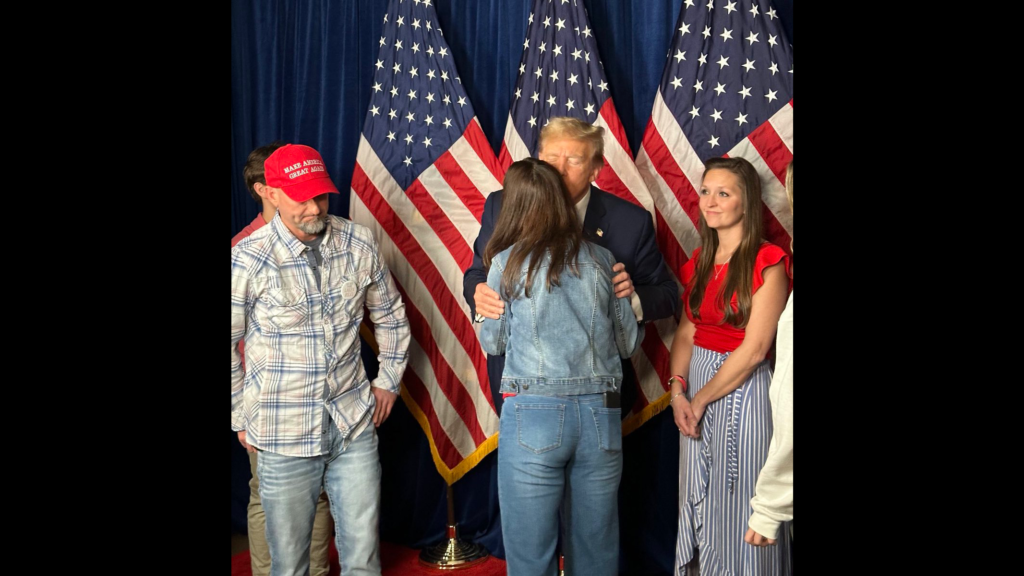Amazon’s Covert Operation: Project Curiosity
Amazon allegedly started a fake business by the name of Big River Services International with the intention of gathering intelligence on its competitors, including Walmart, eBay, and Fedex. The operation, known as “Project Curiosity,” was detailed in a recent report by The Wall Street Journal.
Project Curiosity Unveiled
Initiated in 2015, Project Curiosity began as an initiative to compare the experiences of third-party sellers on Amazon with those of other e-commerce giants. However, it quickly evolved into a surveillance mechanism aimed at monitoring competitors, particularly Walmart. Big River reportedly purchased merchandise and resold it on platforms such as Best Buy, Overstock, and Walmart. Furthermore, the company stored its inventory with logistics services like Fedex and UPS, which directly competed with Amazon’s own delivery network.
According to The Journal, employees on the Big River team were instructed to capture images or screenshots of competitors’ pricing strategies, product catalogs, and advertising methods. Additionally, they were deployed to rivals’ conferences in order to extract exclusive information.
“We make a variety of products available to customers through a number of subsidiaries and online channels.” – a statement from an Amazon internal crisis management document outlining the company’s response should Project Curiosity be exposed.
Legal Ramifications and Secrecy
While Amazon has asserted that its actions were merely part of benchmarking – a legitimate practice of comparing products with competitors – legal experts suggest that the covert nature of Project Curiosity could potentially lead to corporate espionage lawsuits. Notably, the operation was shrouded in secrecy:
- Amazon employees involved in the project were instructed to keep it confidential from their colleagues.
- Participants were cautioned against sharing the screenshots they obtained via email to reduce a paper trail connecting Big River to Amazon.
- Legal counsel advised Big River staff not to disclose their affiliation with Amazon to Fedex.
Traces of Amazon’s Connection
Despite efforts to conceal its involvement, Amazon left subtle clues linking it to Big River:
- “Big River” employees listed Amazon as their employer on their professional networking profiles.
- The fictitious Japanese streetwear brand, dubbed “Not So Ape,” maintained a Seattle address on its website.
- Registration documents filed with the Washington Office of the Secretary of State contained Amazon’s headquarters address.
By the Numbers
- $125,000: Revenue generated by Big River through sales on Walmart.com in 2023.
- 5: Number of countries where Big River operated warehouses.
- 75%: Ownership stake in Big River held by Amazon, as per a corporate filing in the United Kingdom.
- $463,000: Projected operating costs in India for Big River in 2019, with estimated revenues of $165,000, suggesting the shell company wasn’t geared for profitability.
- $95: Price of a hoodie available on Not So Ape’s website.
Image/Photo credit: source url





